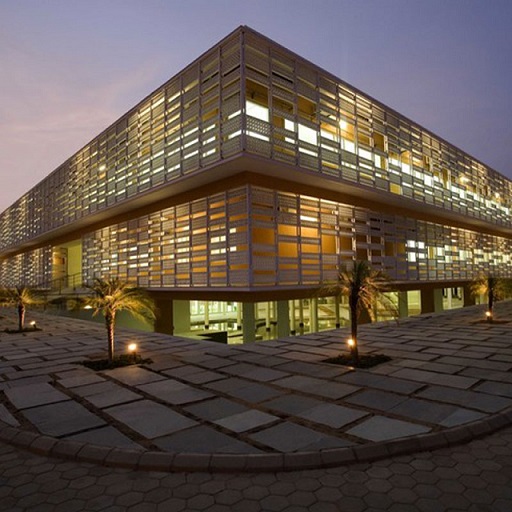 Careers in New Age Journalism by Meha Jayaswal, Area Head, Media & Communication at Pearl Academy.
Careers in New Age Journalism by Meha Jayaswal, Area Head, Media & Communication at Pearl Academy.
With advent of social media, how is new age journalism different from traditional journalism?
New media includes many different forms of media, i.e. news report via SMS on mobile phones, news apps, Youtube etc. While new media is challenging the popular or traditional media like newspaper and radio, it is also challenging the curriculum of journalism & mass communication across many colleges.
The fundamental of the new age journalism is to successfully marry technology with traditional skillsets – language, writing, reporting, editing, analysis, layouts and camera skills.
Is there a fusion of print, electronic and social media? How can institutes prepare students to be industry ready?
Newsrooms are integrating and today journalists are expected to write from 12 word tweet to 1200 word long format stories, share on instagram and also report on television. Hence, convergence is a very important skill set that journalists should be adept at. It is therefore important for media schools to train journalists with a 360 degrees approach towards a story. With social media’s global reach, it is all the more important for new age media curriculum to build upon knowledge and skills of being global citizens.
What are some of the essential skill sets required by a new age journalist?
The new age media companies require journalist with strong traditional journalism/mass communications skills such as good command over language, an ability to write, edit and report, but the journalist shall also be fully equipped to work with converged media and more so in a global context.
What things should a student look for in an institute before joining the course?
First, the institute’s curriculum and pedagogy should be based on the fundamental of building an inquiry-based learning with more student-centric approach. This will facilitate student’s capacity to think, communicate, and collaborate. Also, institute should be forward looking and prepare its students for what’s coming next and not just what already exists. It should prepare students for tomorrow – the workplaces, the trends, the dynamic industries. Moreover, a student should definitely consider the faculty experience, employability, Industry and international exposure provided by the institute before joining.











